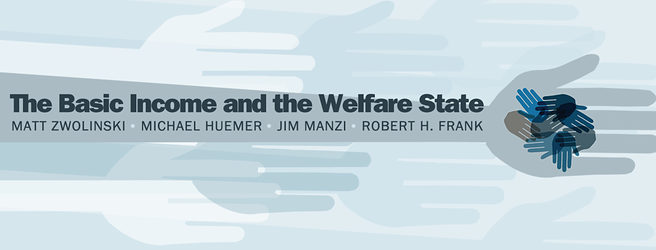[Josh Martin]
Huemer provides the first response to Zwolinski’s lead essay in the Cato Unbound debate on the basic income. Coming from an anarchist-libertarian perspective, Huemer’s main arguments against a basic income are against governments in general. His line of thought is the following:
1) A basic income guarantee is permissible only if the state has political authority.
2) No one has political authority.
3) Therefore, a basic income guarantee is impermissible.
Huemer then entrenches himself deeper within this anarchist philosophy by arguing that the government cannot assume a continuity of obligations from their new taxpayers to, in fact, pay taxes. Thus, a government cannot impose a basic income upon its citizens since they have not consented to be governed. Lastly, Huemer discusses the argument that a basic income would promote individual freedom. Huemer claims that imposing a basic income would instead infringe on some freedoms to give freedom to others, which he believes is against the one true libertarian philosophy where every freedom must be protected, even if infringing on one freedom might provide much more freedom as a consequence. All in all, Huemer’s response comes from an uncompromising libertarian view of the welfare state, where the only possible form of the welfare state is a nonexistent one.
Michael Huemer, “Is a Basic Income Permissible?”, Cato Unbound, 6 August 2014.

Cato Unbound is hosting a month-long discussion on "The Basic Income and the Welfare State"

